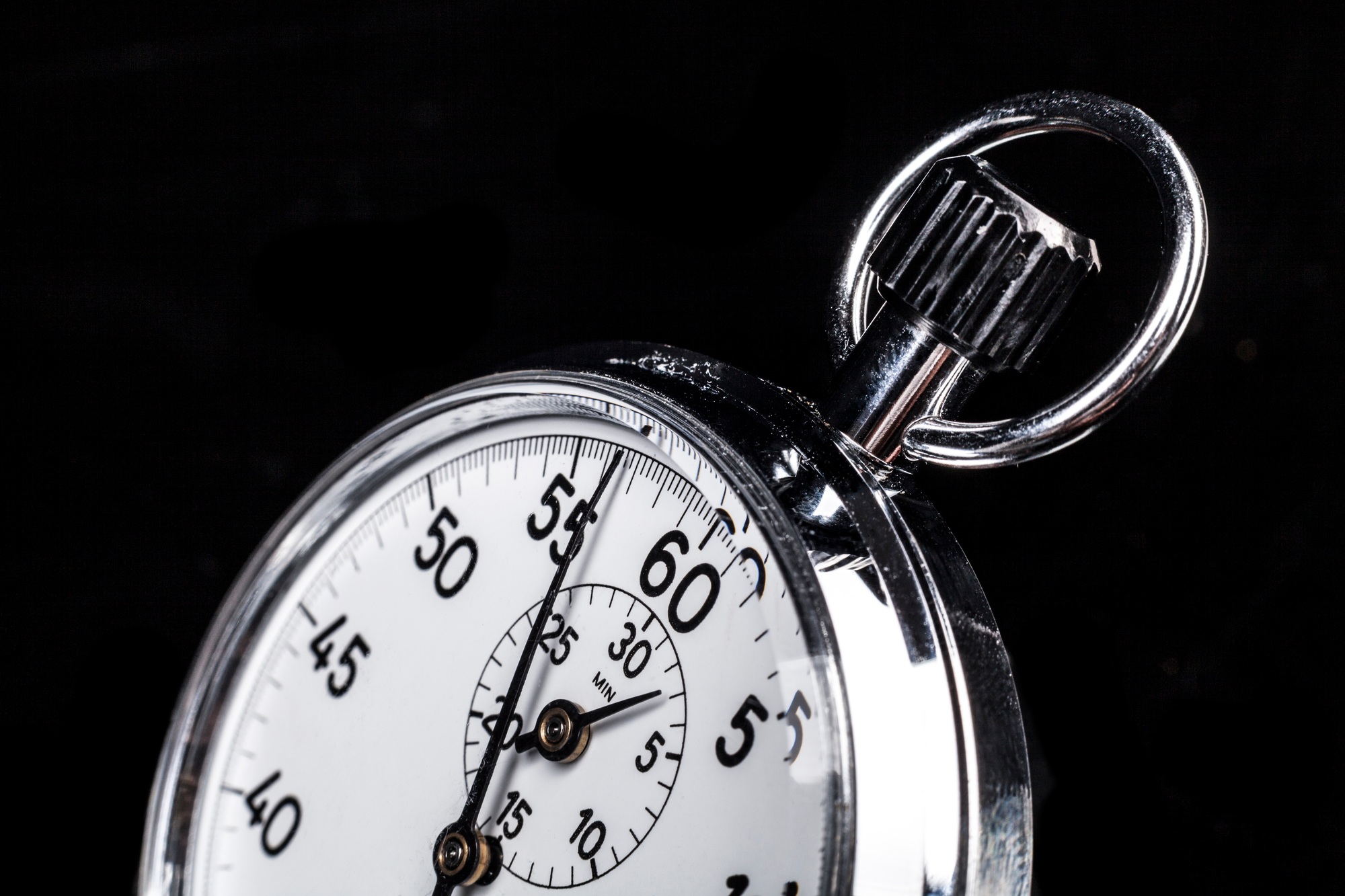Have you ever been in a situation where you couldn’t remember the name of a specific medicine you took a few years ago, or the exact dates of your previous surgeries?
These scenarios show just how important it is to have your own medical records. Medical records are a detailed record of your health history, including doctor’s notes, test results, medications, and hospital stays.
In this article, we’ll explain why it’s a good idea for you to keep your own copies of these important documents.
Accessibility
Keeping your own copies of medical records means you can access your health information easily and quickly. You won’t have to depend on your doctor’s office or hospital to get them for you, especially in urgent situations.
Having your medical records on-hand helps you make better decisions about your health and give valuable information to healthcare providers. This leads to [better outcomes](https://www.hopkinsmedicine.org/health/wellness-and-prevention/medical-records-getting-organized#:~:text=In%20a%20study%20of%20senior,helpful%20for%20health%20care%20providers.) and more personalized care.
Accuracy
Keeping your own medical records gives you a complete overview of your health history. With this information, you can review the records and make sure they’re correct.
Remember, mistakes can happen, and even a small error in your records can affect your treatment and well-being.
So, by [keeping your own copies](https://www.hhs.gov/hipaa/for-individuals/medical-records/index.html), you have extra assurance and can be more involved in your healthcare.
Portability
Many people move or change their healthcare providers, so it’s important to have your own copies of medical records.
This allows you to easily share important information with new doctors or hospitals, making sure you get continuous care and can make informed decisions. It saves time and makes healthcare better, resulting in improved treatment.
Emergency Situations
If you have a medical emergency, having your own medical records can provide important information to emergency responders and healthcare professionals.
This helps them make quick and informed decisions about your treatment, making sure you receive the best care possible. By having your medical history available, including allergies, past illnesses, and medications, responders can better understand your health needs and take necessary precautions.
This proactive approach can save time and improve outcomes in unexpected events.
Conclusion
Keeping your own medical records is important for managing your healthcare. It helps keep things accurate, makes it easier to transfer your information, and is really helpful during emergencies. By doing this, you have more control over your healthcare decisions, can switch between healthcare providers more smoothly, and are ready for unexpected medical problems. Keeping track of your medical history leads to personalized and effective care, and helps you stay healthy.





